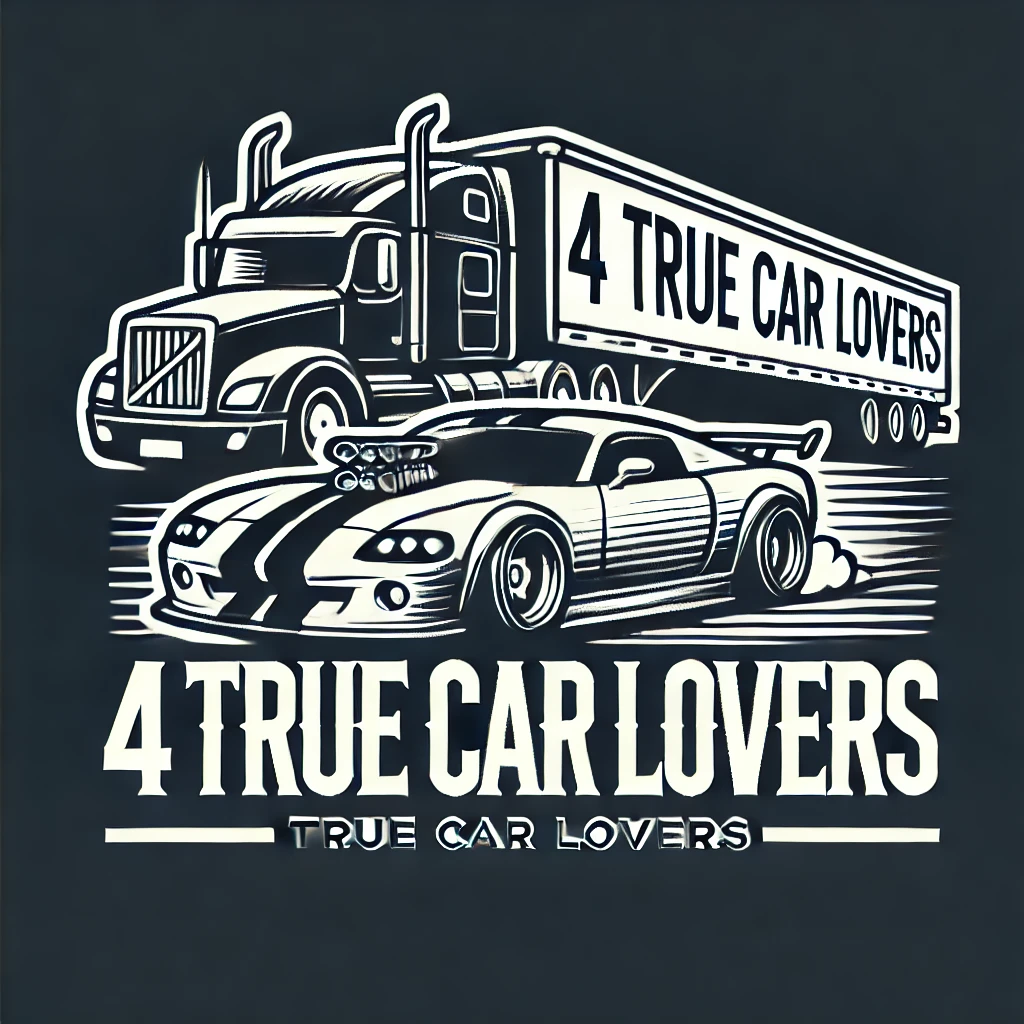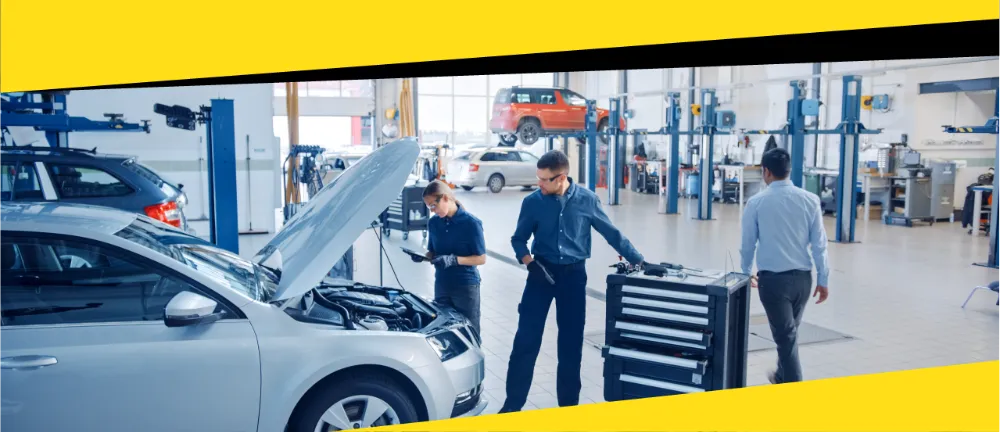Contact
Get in Touch with Us Today
Do you have a car question, would like to have your carshow spotlighted on our youtube channel and website. If you would like to stay in contact with the 4 True Car Lovers community watching live car shows, projects and logistics business at work.
Contact Us
Frequently Asked Questions
Got questions about our detailing services? Find quick answers to common queries in our FAQ section below!
How often should you change your motor oil and why?
Changing the oil in an average vehicle is essential for maintaining proper lubrication, reducing engine wear, and preventing buildup of contaminants that can cause damage. Regular oil changes help ensure the engine runs efficiently and extends its lifespan. It's important for vehicle owners to read the operator manual to know the exact manufacturer’s recommendation for oil change intervals. Most engine oil should be changed every 3,000 miles or every 3 months which everyone comes first.
What are some of the most common causes for no starts?
A vehicle typically has a no-start issue due to a dead or weak battery, which fails to supply enough power to start the engine. Another common reason is a faulty starter motor or ignition system that prevents the engine from cranking. Additionally, fuel delivery problems, such as an empty tank or a malfunctioning fuel pump, can also lead to a no-start condition.
What are the most common reason for breakdowns to occur?
The most common reasons for vehicle breakdowns include battery issues, such as a dead or failing battery, which prevent the car from starting or running properly. Tire problems, like blowouts or flats, often occur due to punctures or underinflated tires. Engine overheating, caused by coolant leaks or failed components in the cooling system, is another frequent culprit for breakdowns.
Whats the pro/cons of buying from dealership vs individuals?
Buying a car from a dealership typically offers more consumer protection, warranty options, and financing services, but may come with higher prices and fees. Purchasing from an individual seller can often be cheaper and more negotiable, but it carries more risk as it usually lacks warranties and requires thorough personal inspection. Both options have trade-offs in terms of reliability, cost, and buyer protection.
What happens to your vehicle if you ignore the signs to repair or maintain your vehicle?
Ignoring vital systems in your vehicle can lead to significant consequences. Neglecting regular maintenance can result in engine damage due to old or insufficient oil, which may cause overheating or complete engine failure. Failing to maintain the braking system can lead to brake failure, increasing the risk of accidents, while ignoring the cooling system can result in overheating, leading to costly repairs or total engine breakdown. Additionally, disregarding the transmission, suspension, or electrical systems can cause poor vehicle performance, decreased safety, and expensive repair bills over time.
What occurs when you use the wrong motor oil for your engine?
Using the wrong engine oil in a car can lead to several issues. If the oil is too thick (higher viscosity), it may not flow properly, especially in colder temperatures, leading to poor lubrication and increased engine wear. Conversely, if the oil is too thin (lower viscosity), it may not provide sufficient protection, causing faster wear on engine parts and potential overheating. Over time, using the incorrect oil can reduce engine performance, lead to increased friction, and potentially cause serious engine damage or failure.

